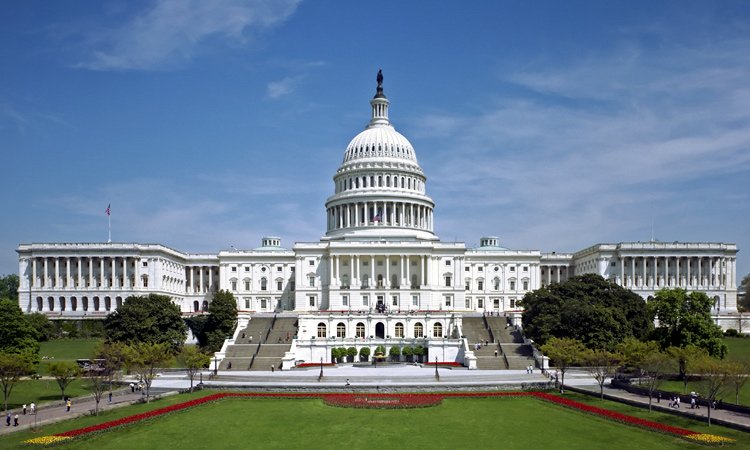What began as a focused effort to combat the misuse of AI-generated deepfakes has ballooned into a broad legislative proposal that critics say could harm internet freedom. The NO FAKES Act—originally intended to stop unauthorized digital replicas of real individuals—now risks creating sweeping censorship infrastructure across the web.
While the original aim was to shield people from deepfaked likenesses used without consent, digital rights groups argue the bill has become a blunt instrument, capable of stifling legitimate speech and innovation.
Overbroad Filters and Platform Burdens
The revised version of the bill would require online platforms to not only remove flagged content, but also proactively block any future uploads that resemble it. This would effectively force most platforms to implement content filtering systems, which have a long track record of overreaching and misidentifying legal content.
Critics compare it to deploying flawed copyright filters across the entire internet. The Electronic Frontier Foundation (EFF) warns that such systems often flag unrelated material—like musicians playing public domain works or commentary using small, fair-use excerpts.
Stifling AI Innovation at the Source
Perhaps most controversial is the bill’s focus on the tools behind the content. Rather than targeting bad actors, the legislation would threaten developers of AI image generators and software platforms, even if their tools have legitimate uses.
By focusing on whether a tool could be used to create unauthorized replicas, the bill opens the door to legal challenges against startups and open-source projects. This disproportionately burdens smaller developers who lack the legal resources of major tech firms.
Big Tech’s Advantage, Small Players at Risk
While smaller players brace for impact, large companies have remained relatively quiet. Observers note that these firms can absorb compliance costs and even benefit from stricter regulations that raise the barrier to entry for newcomers.
This dynamic isn’t new—past tech regulations often promise to rein in Big Tech, only to end up entrenching its dominance further.
Threat to Anonymous Speech
Another hidden concern is how the bill impacts anonymity online. Under the proposal, individuals could obtain subpoenas to unmask users based on claims of unauthorized replication—without needing to provide evidence or undergo judicial review.
This raises red flags for whistleblowers, journalists, and critics whose safety often depends on remaining anonymous. The potential for abuse is high, especially in politically charged or high-profile situations.
Too Many Laws, Too Little Assessment
The push for the NO FAKES Act comes on the heels of other legislation like the Take It Down Act, which already governs the removal of explicit content. Instead of reviewing how these laws interact, lawmakers seem intent on layering new restrictions that could shape the web for years to come.
Digital rights groups argue for a more measured approach—one that balances protection against deepfakes with safeguards for free speech, innovation, and due process.






